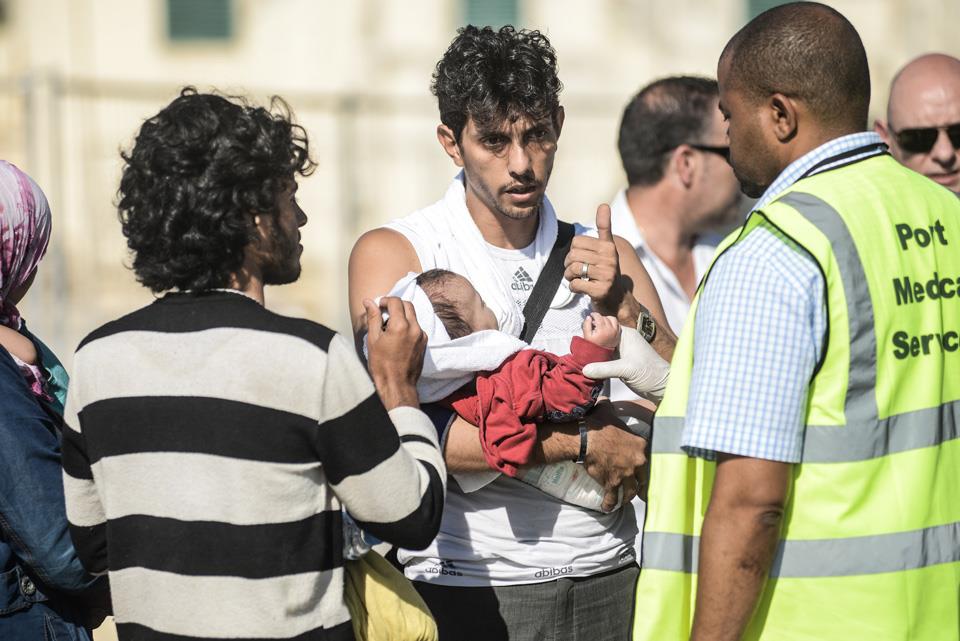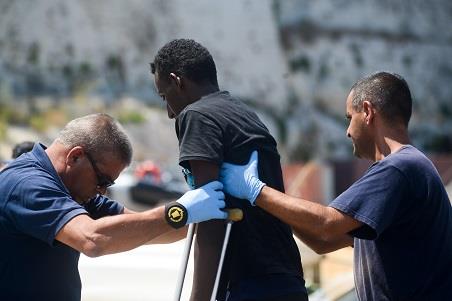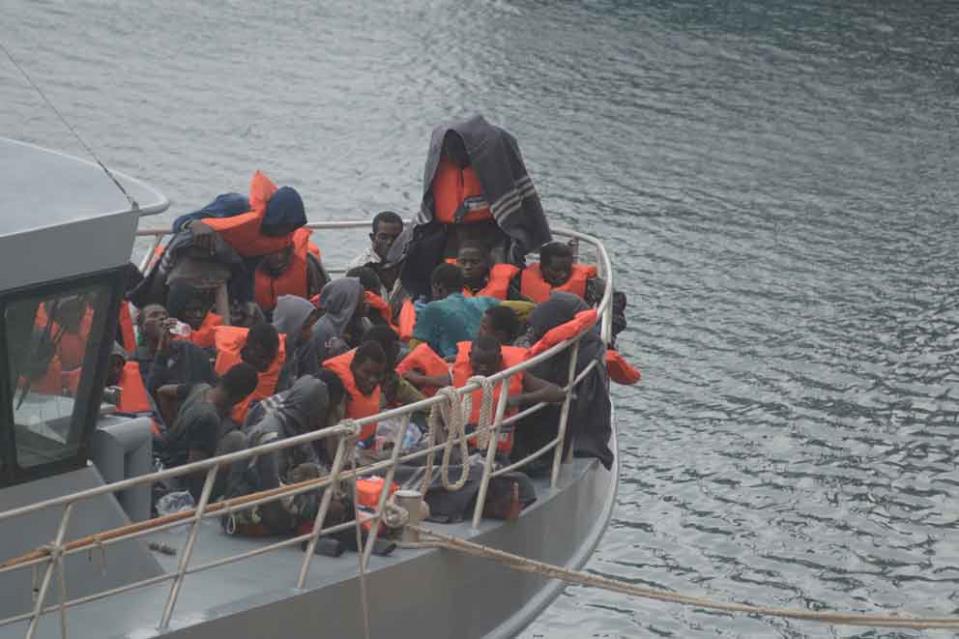The United Nations has called on the European Union's Latvian Presidency to encourage the remaining EU member states that have not yet done so to accede to the 1954 Convention Status of Stateless Persons.
Malta is one of four EU countries that has not signed on to the Convention, the others being Cyprus, Estonia and Poland. Member states are to take additional measures for the protection of stateless people in the EU and the prevention of statelessness
In November 2014, UNHCR launched a global campaign to end statelessness within a decade.
In its recommendations to the current Latvian Presidency of the EU, the UNHCR states, "It is certainly possible to reach this goal within the EU. In the EU, statelessness is found mainly among former Soviet citizens and migrant populations.

"The EU pledged in September 2012 that member states which had not done so would accede to the 1954 Convention relating to the Status of Stateless Persons. However, the four countries concerned (Cyprus, Estonia, Malta and Poland) have not yet done so.
"The EU also pledged that the remaining member states would consider acceding to the 1961 Convention on the Reduction of Statelessness, though only Lithuania and Belgium have since done so. The EU acquis recognises, to a certain extent, the need for legal protection for stateless persons if they fall within the scope of the Qualification Directive."
The UNHCR said that states should take additional measures to ensure all stateless persons in the EU who are not protected by the Qualification Directive are identified and enjoy their basic rights under the 1954 Convention.
It also said that states should promote law reform to ensure children born stateless in Europe acquire a nationality. UNHCR calls on the Latvian Presidency to make accession to the two statelessness Conventions by all EU member states a priority.

Europe urged to end plight of 600,000 'ghost people'
European countries must end the plight of an estimated 600,000 stateless people by giving them similar protection to refugees, campaigners said last October as they launched a day of action to highlight the predicament of the continent's "legal ghosts".
Stateless people, who are not recognised as nationals of any country, are denied basic rights that most people take for granted. They cannot work, access healthcare or even get married. They often end up destitute or in detention and are highly vulnerable to exploitation.
"For too long, Europe has allowed stateless individuals to exist as 'legal ghosts' exposed to human rights abuses and with no recourse to justice. Now is the time to resolve this issue once and for all," said Chris Nash, director of the European Network on Statelessness (ENS).
The ENS - which brings together charities, lawyers and academics - submitted a petition to the European Parliament calling on European leaders to protect stateless persons across Europe by ratifying the UN Statelessness Convention and committing to set up a system of safeguards and a regularisation procedure. The petition coincided with the 60th anniversary of the 1954 UN Statelessness Convention, and is part of a wider campaign bringing together a broad spectrum of actors mounting pressure on the European Union to fulfil its pledge made in 2012 that all member states would accede to the 1954 Statelessness Convention.
Mr Nash said it was vital to put a human face on the suffering caused by statelessness which is often neglected because it is seen as a legal or technical issue.
Jean Lambert, a British Member of the European Parliament, said: "Stateless people live outside the margins of our society and are denied the opportunity to contribute as citizens. They urgently need our help and today civil society groups have made it known that Europe needs to act. I will be meeting my parliamentary colleagues from across the political spectrum to make sure we address this and resolve the issue by putting in place safeguards that will protect these vulnerable people."

UN, Children's Commissioner have urged Malta to address situation
In 2013, Malta's Children's Commissioner raised the subject of the statelessness of migrant children who are born at sea due to the fact that the sea vessel on which they are born is unregistered.
"Together with the Office of the Ombudsman, this Office had already made representations to the Justice Ministry for an amendment to the law that would allow such children to be registered at the first port of call. In the absence of such a registration, the risk of trafficking of children is increased."
The Office said it recently made this same proposal to the Commission for Justice Reform as well as to the Parliamentary Secretary for Justice.
"The rights of children are fundamental and universal," the Office underlined. "This means that these rights have no boundaries and that children carry their rights with them wherever they go, irrespective of their status. Moreover, the responsibility for the realisation of these rights lies with the state in whose jurisdiction the children may happen to be."
The United Nations Committee on the Rights of the Child has also expressed concern that, in Malta, “there continues to be cases of children, including those in irregular migration situations, who are not provided with birth registration”.
Furthermore, the Committee said it is concerned that there is no provision in the Maltese Citizenship Act for the acquisition of Maltese citizenship by a child born in Malta who would not be eligible for citizenship of any other country because of its parents' life situation.
It urged Malta to "ensure that all children born in its territory are registered at birth, regardless of the status of their parents, with particular attention to children in single-parent families and/or irregular migration situations".
It also called on Malta to "ensure that a child born in Malta to parents who are foreigners, but unable to pass on their nationality, or to parents who themselves are stateless or whose nationality is unknown, is granted citizenship".